
Beyoncé’s latest venture has sparked a fiery backlash, but not for the reasons you might expect.
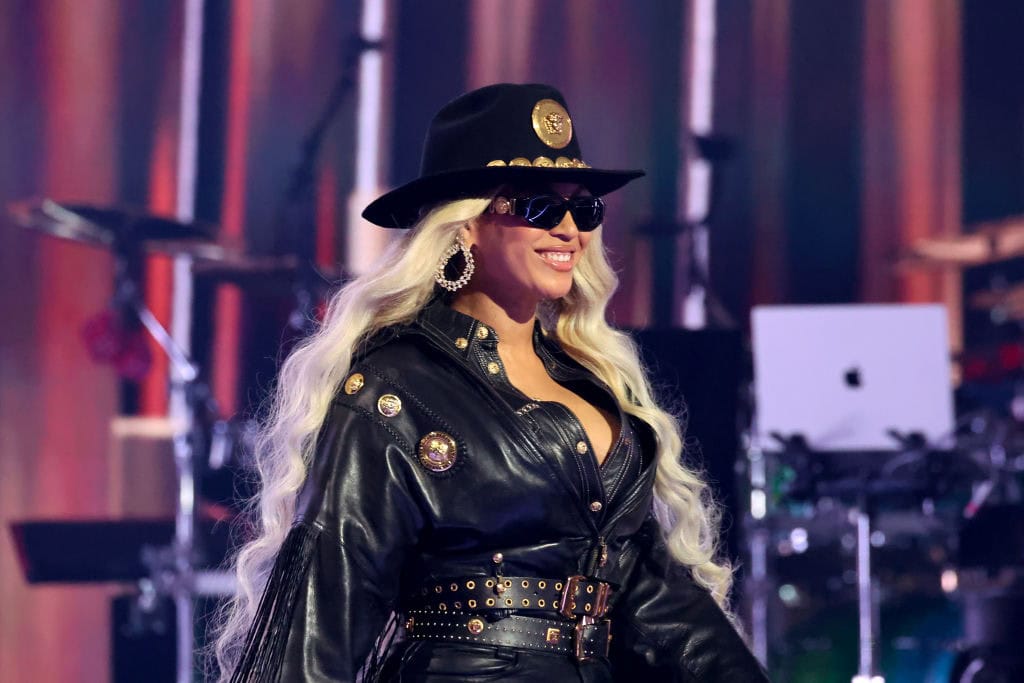
Despite the thunderous success of her new album, the Queen B has been shockingly snubbed by the Country Music Awards.

Her eighth studio album, *Cowboy Carter*, dropped in March and was met with resounding acclaim.
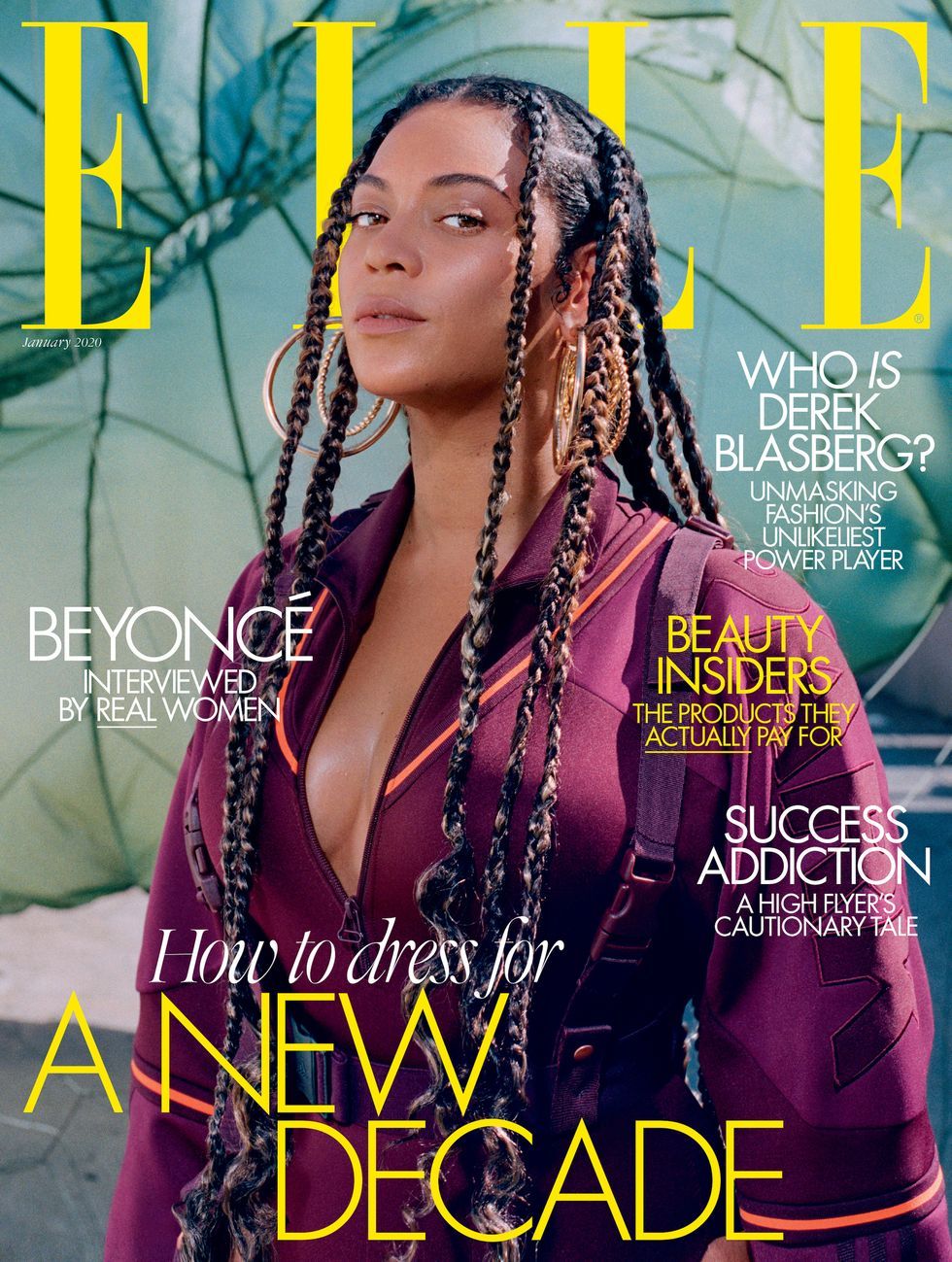
This album isn’t just any release—it’s the second act in a grand, three-part musical odyssey that Beyoncé is crafting.
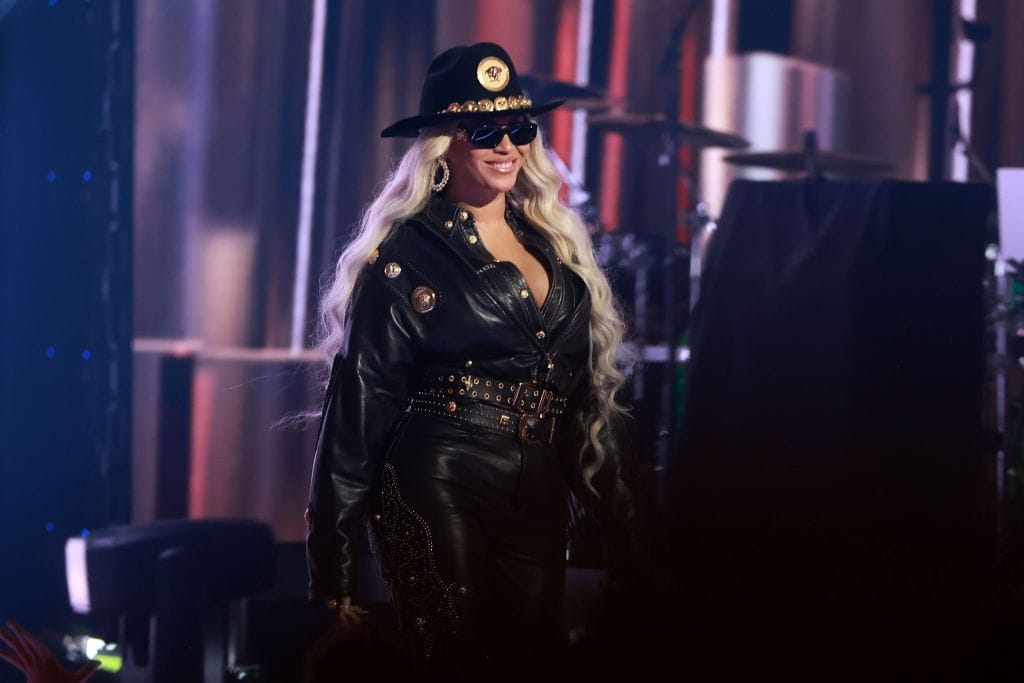
*Cowboy Carter* pays tribute to the forgotten Black pioneers of country music, blending history with modern flair.
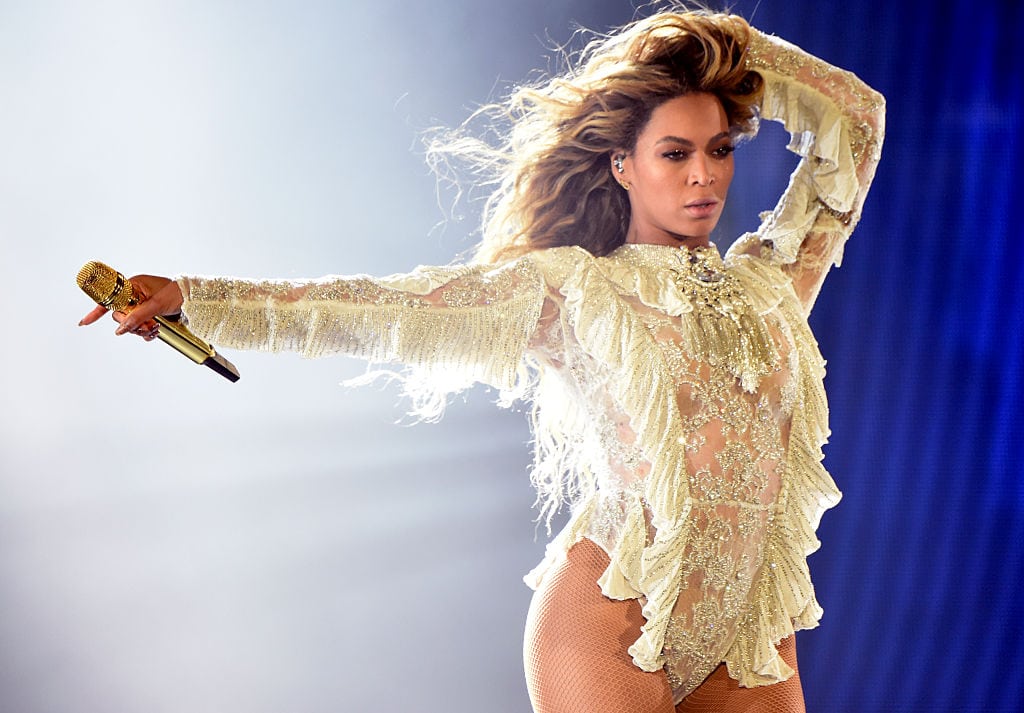
The 27-track marvel boasts collaborations with country legends like Dolly Parton, Willie Nelson, and Linda Martell.
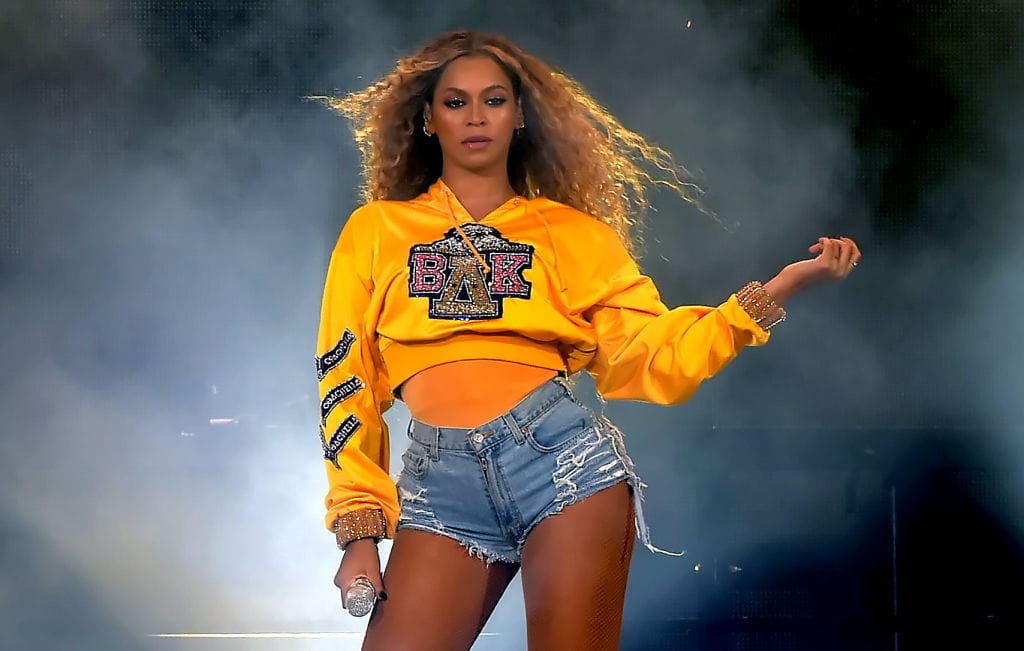
Beyoncé’s rendition of Parton’s classic hit, “Jolene,” alone could have been a game-changer.
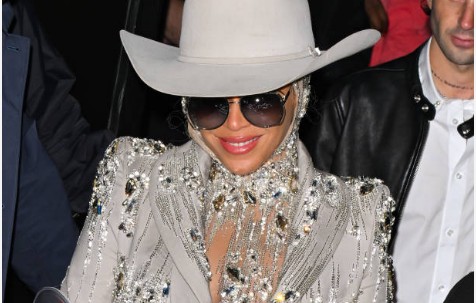
But the album achieved a monumental feat: it became the first by a Black woman to hit Number 1 on the Billboard Top Country Albums chart.
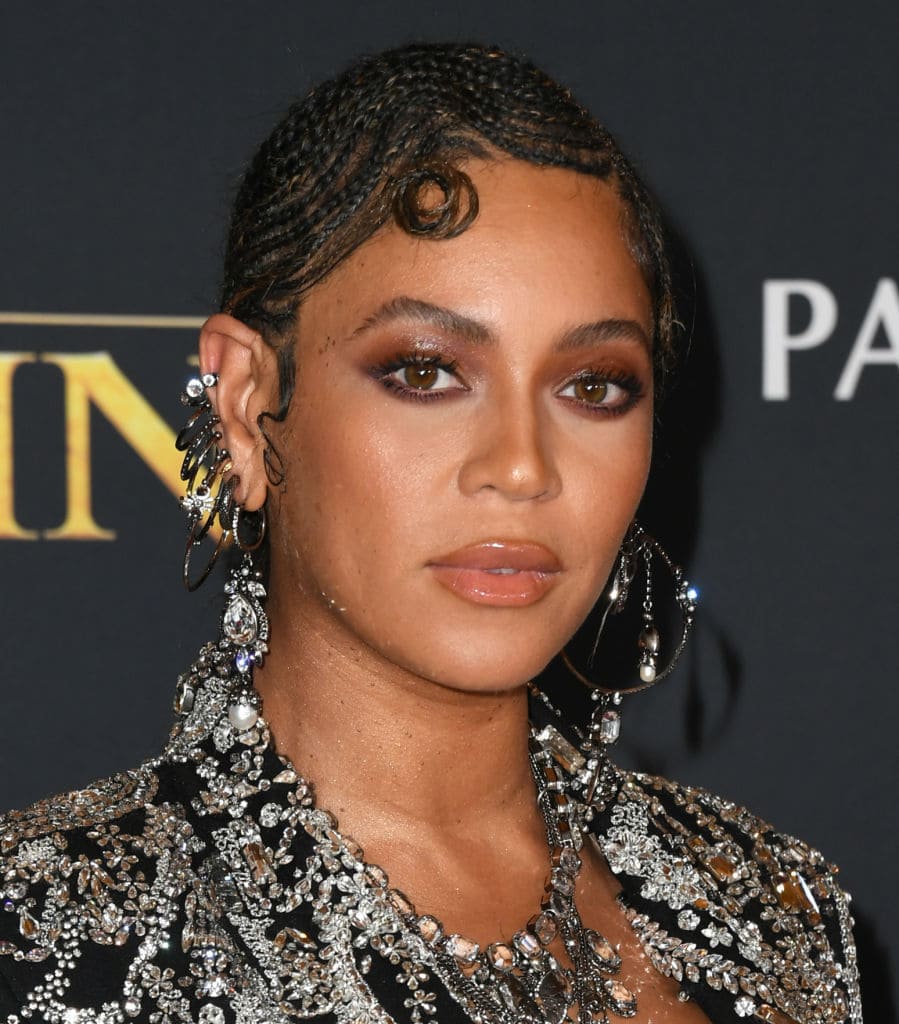
The single “Texas Hold ’Em” also made history, topping Billboard’s country song chart as the first song by a Black woman to do so.

Yet, despite these groundbreaking achievements, Beyoncé was completely shut out of the CMA nominations.
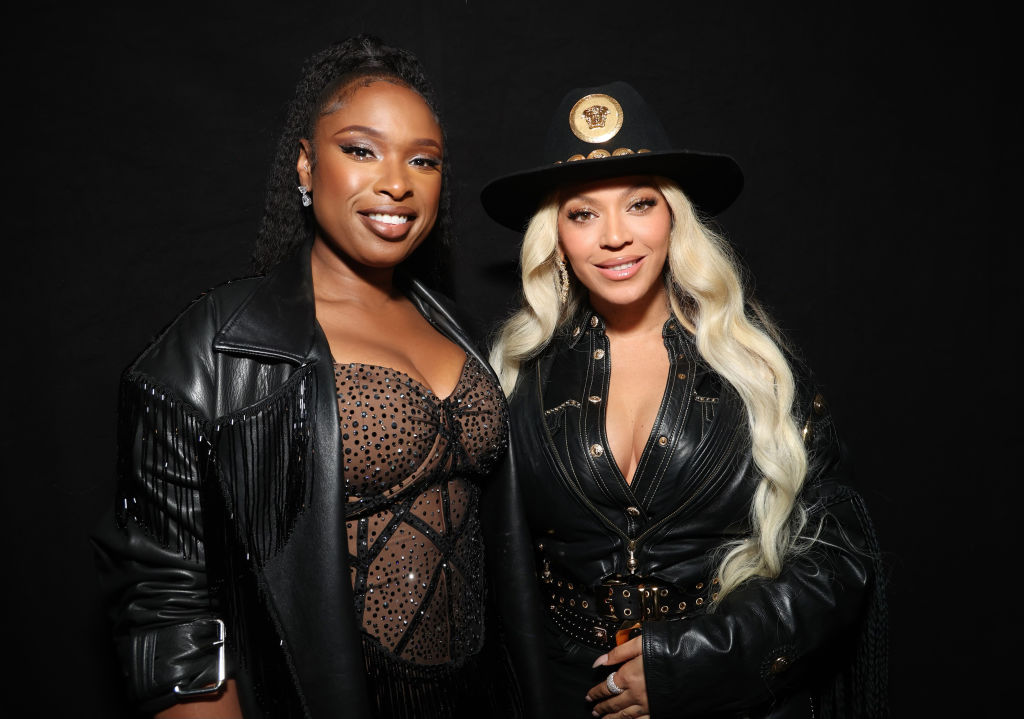
This oversight has ignited a firestorm of outrage among fans and family alike.
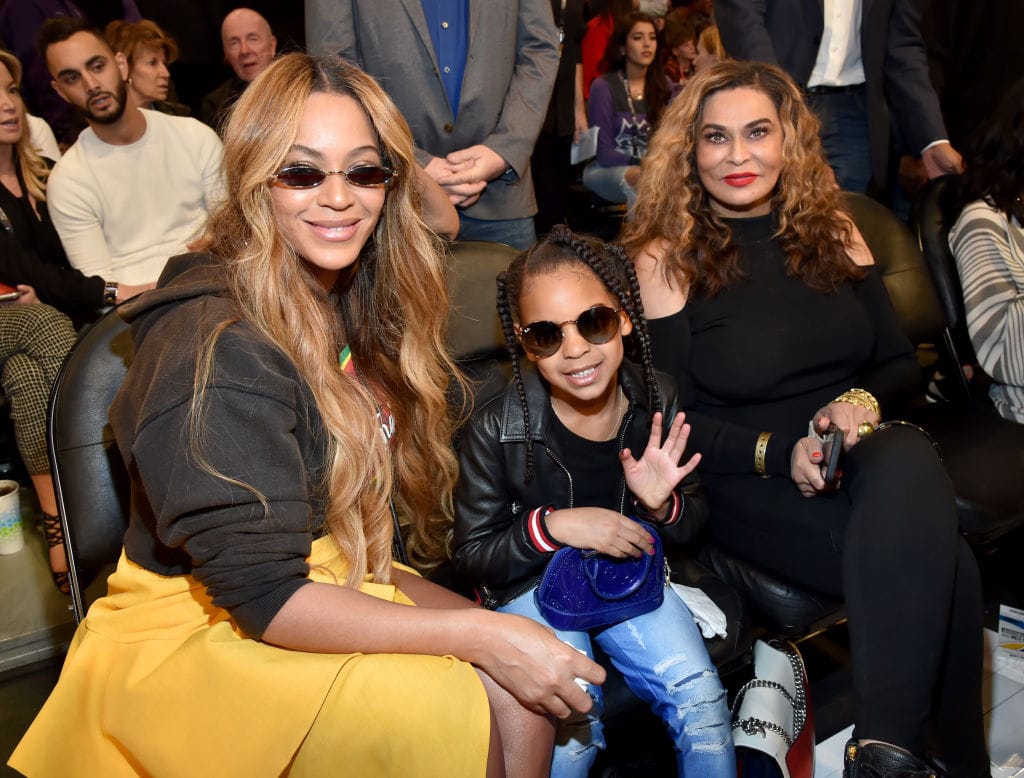
Beyoncé’s father, Matthew Knowles, voiced his frustration to TMZ, suggesting that the CMAs are marred by racial bias.
“The CMA voters are showing it still comes down to white and black,” Knowles declared, clearly irked by the snub.
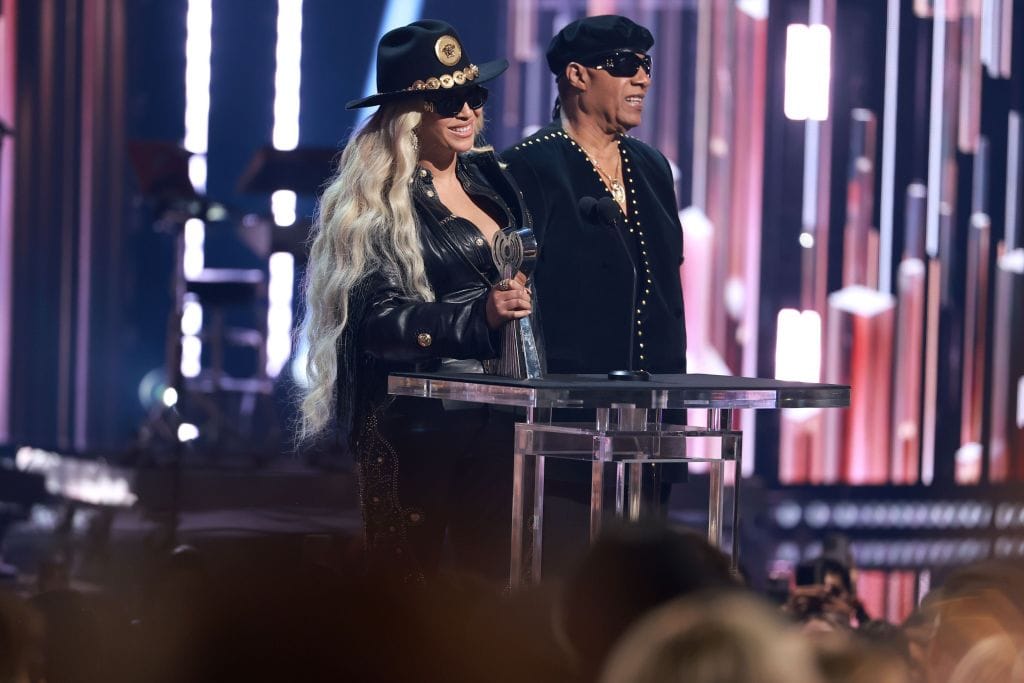
He pointed out that the lack of recognition for Beyoncé’s album reveals a broader issue of racial inequity in American culture.
“In America, there’s no accountability for people not being accepting of other cultures,” he added.

The snub hasn’t gone unnoticed by Beyoncé’s fans, who are taking their anger to social media.
One fan lamented, “I am disappointed that @Beyonce didn’t receive a @CountryMusic CMA nomination. Her album is a masterpiece and Nashville’s loss.”

Another fan fired back, “Beyoncé’s impact on country music is undeniable. Her achievements go beyond awards. She’s already a legend.”

Music icon Dionne Warwick weighed in, calling the omission “absolutely ridiculous” on platform X.
Shaboozey, a Black country artist, also praised Beyoncé, saying, “Thank you @Beyonce for opening doors and delivering one of the most innovative country albums of all time!”

To understand the gravity of this situation, let’s rewind a bit.

*Cowboy Carter* represents more than just a musical release for Beyoncé; it’s a statement.

The album was inspired by a deeply personal experience where Beyoncé felt marginalized during a notable 2016 CMA Awards performance with The Chicks.
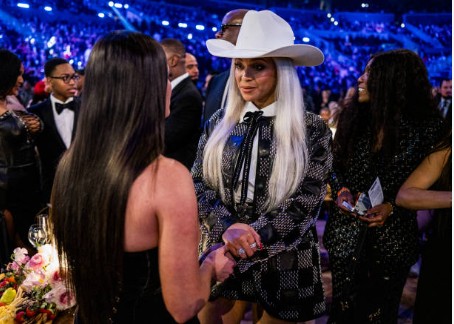
At that time, the backlash she faced for her genre-crossing performance became a catalyst for *Cowboy Carter*.
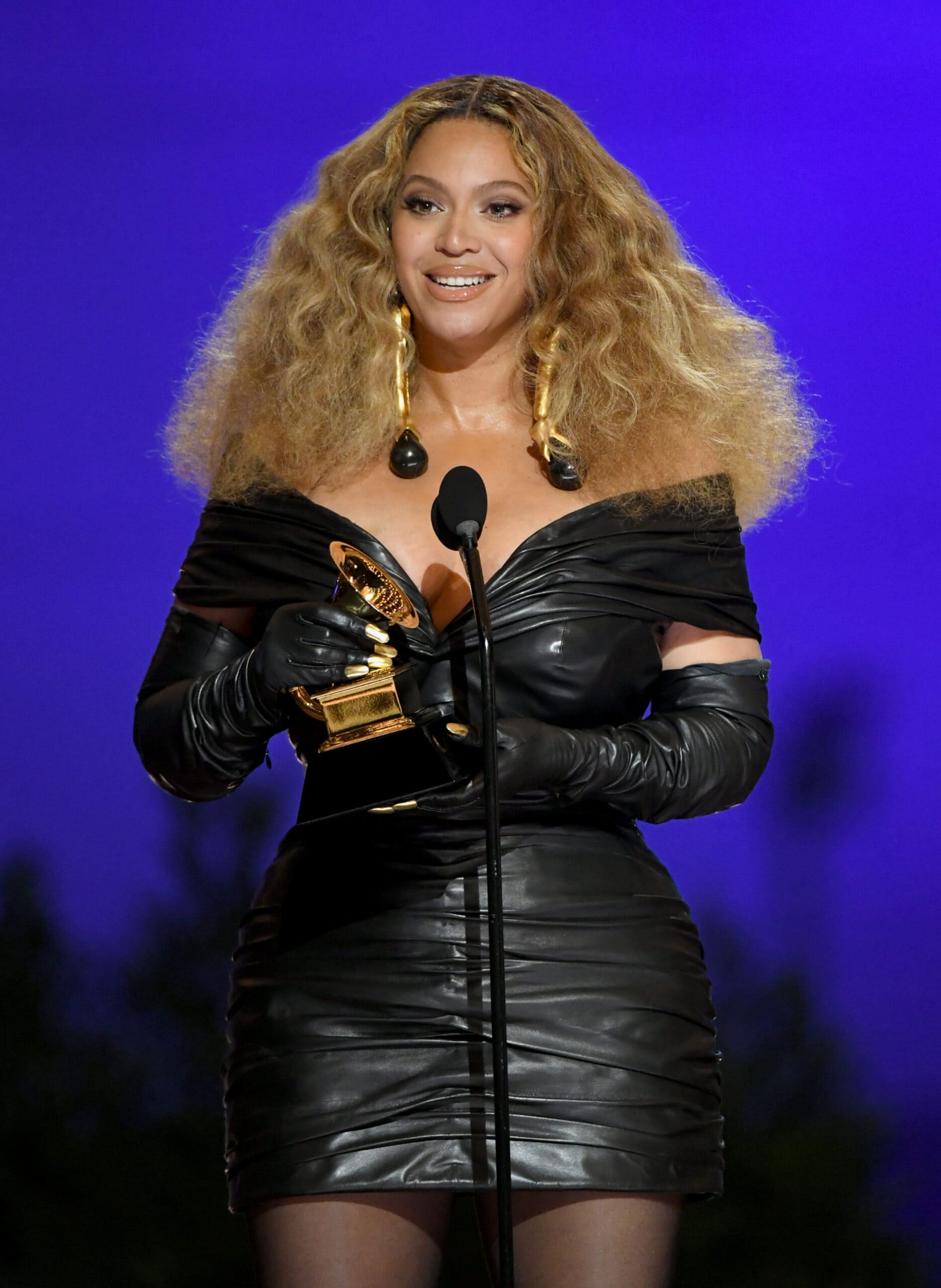
Beyoncé had been criticized for stepping into country music, a genre traditionally dominated by white artists.

This criticism only fueled her determination to break barriers and redefine what country music could be.

In promoting the album, Beyoncé was clear that *Cowboy Carter* wasn’t just a country album—it was a “Beyoncé” album.

She described the project as a labor of love, stating it had been “five years in the making.”
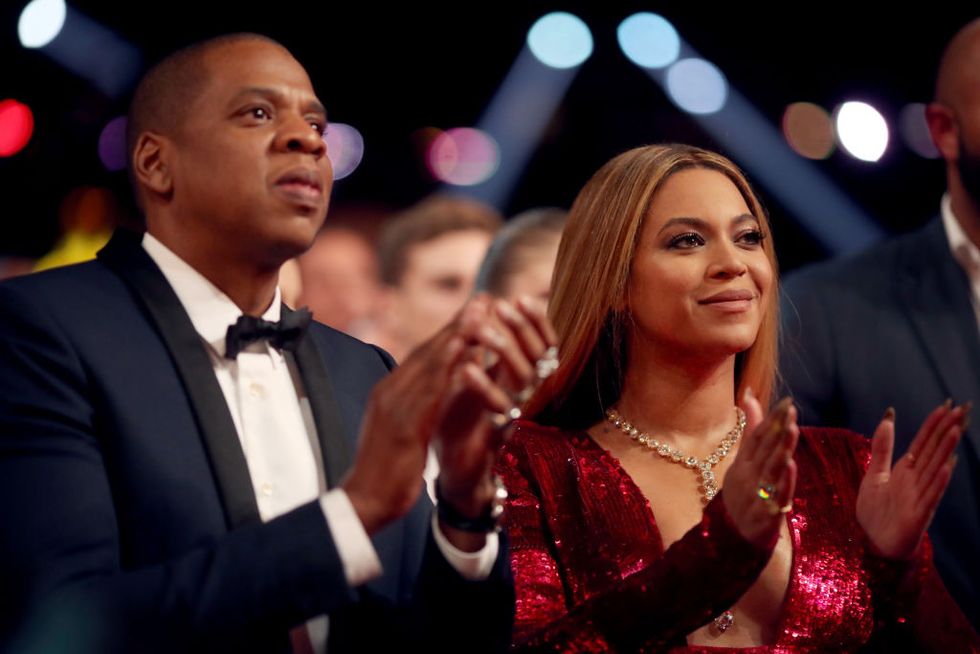
Her goal was to create something that transcended traditional genre boundaries.
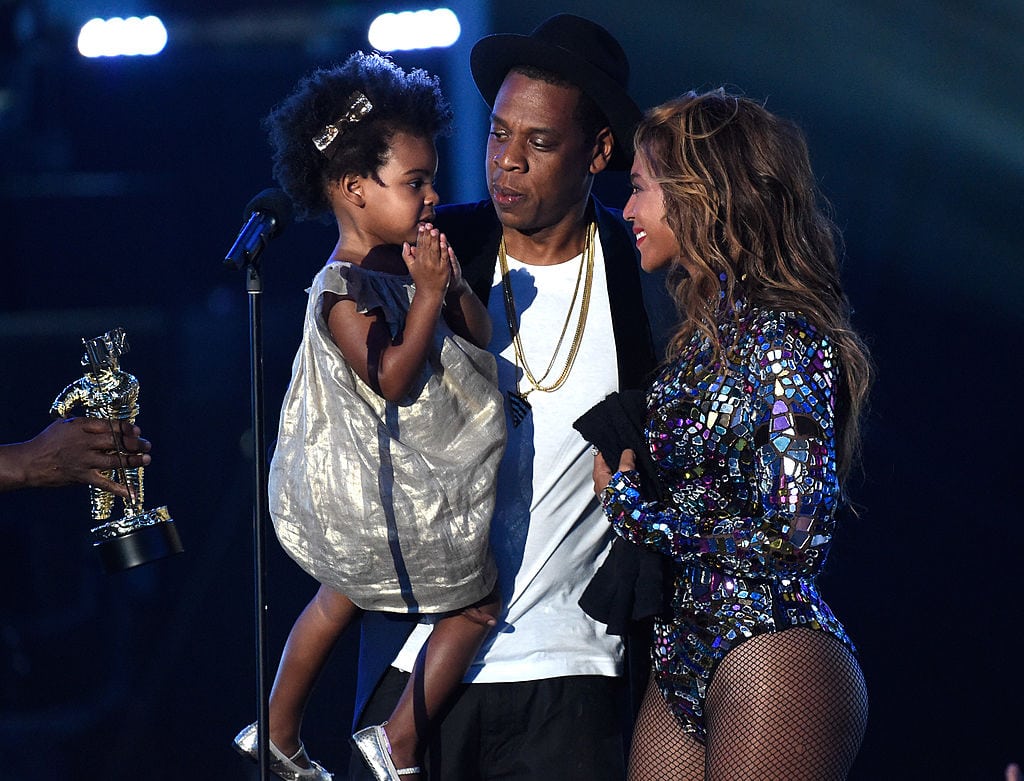
“The joy of creating music is that there are no rules,” she reflected, as reported by Daily Mail.
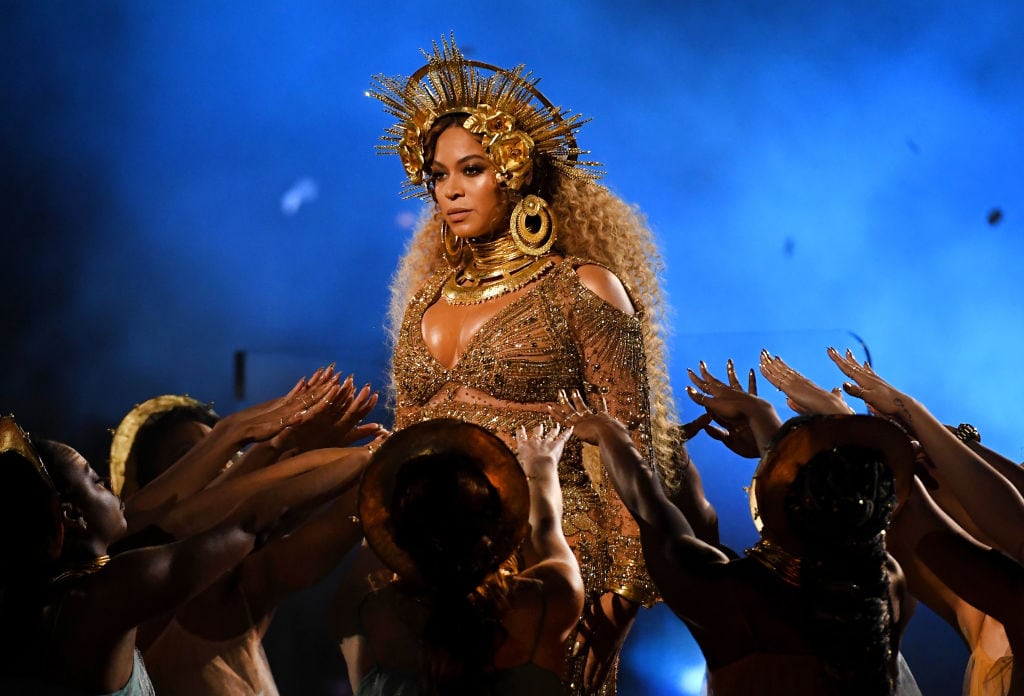
Beyoncé’s creative process was deeply personal, driven by a desire to connect with authenticity and break free from conventional constraints.

The CMAs’ failure to recognize *Cowboy Carter* has only intensified the conversation about race and genre in the music industry.

While Beyoncé continues to soar on the charts and influence the music world, the snub highlights a persistent divide in country music’s elite circles.

Despite the CMAs’ oversight, Beyoncé’s influence is undeniable, and her impact on the genre will likely be felt for years to

The Queen B may not have a CMA trophy this year, but her groundbreaking work with Cowboy Carter has already secured her place in music history.

As the debate rages on, one thing is clear: Beyoncé’s contributions to country music and beyond are nothing short of revolutionary.